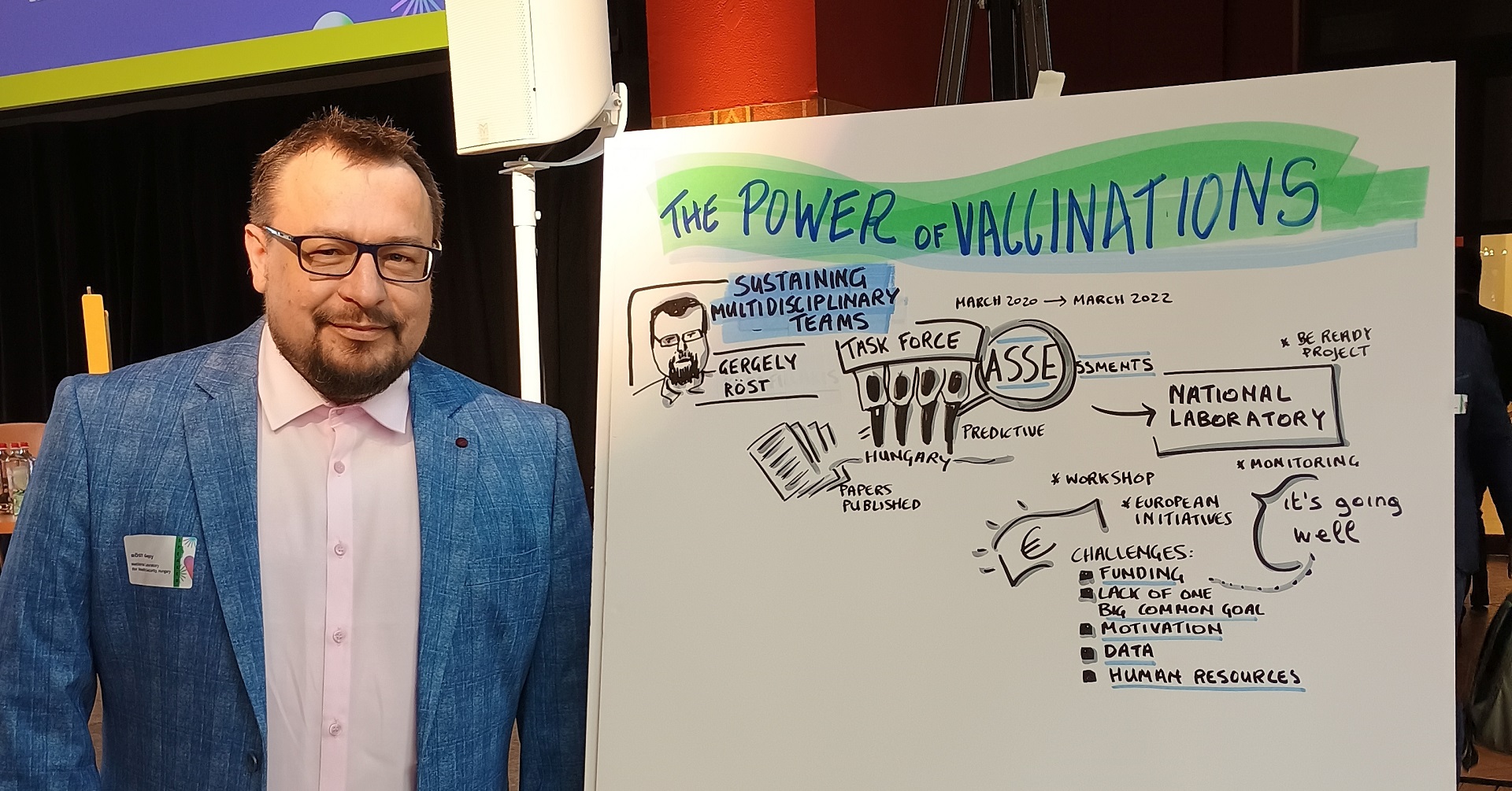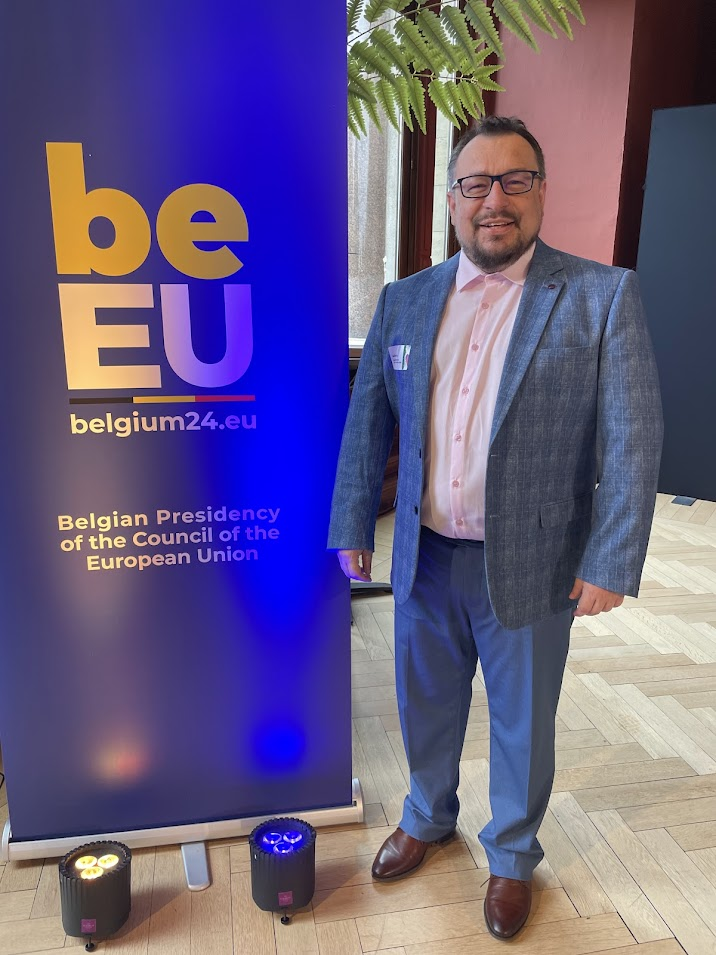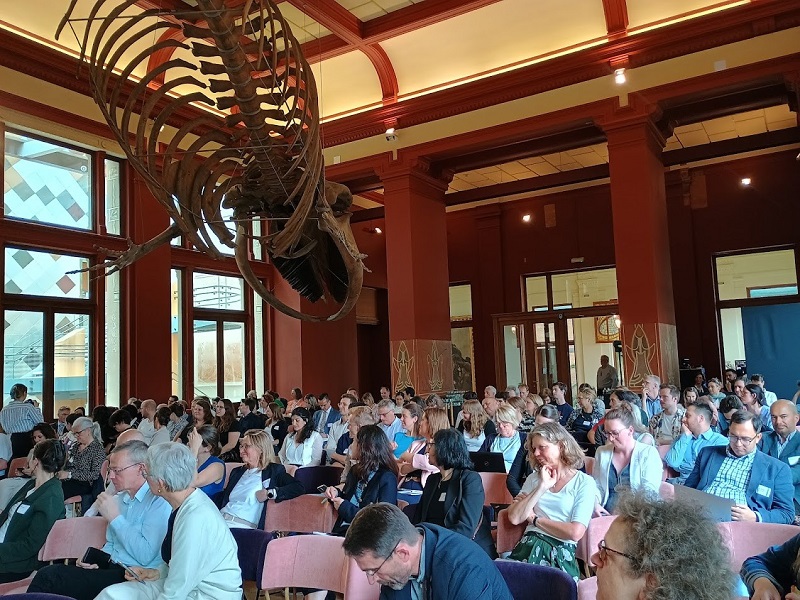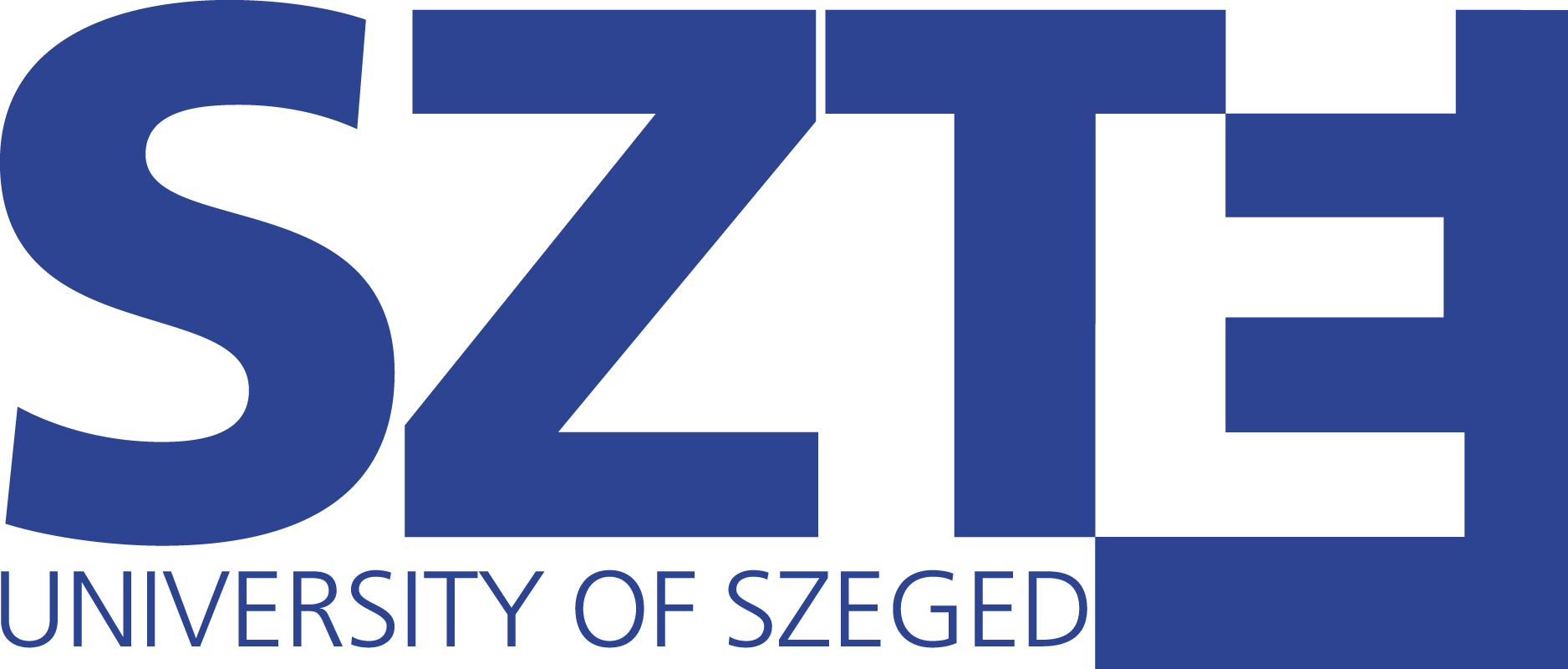
In the first half of 2024, Belgium holds the presidency of the European Union, from which Hungary takes over the baton for the year's second half. One of the important events of the Belgian EU Presidency was the "Europe United Against Old and New Pandemics" conference held in Antwerp on May 14-15, to evaluate the EU's pandemic preparedness and determine future actions.
In the near future, a European partnership with a budget of 200 million euros will be launched along these goals, which was also one of the central topics of the event. About two hundred participants took part in the event, including high-ranking people such as Belgian Deputy Prime Minister Frank Vandenbroucke, directors of various European Commission directorates, WHO was also represented, as well as the recently established HERA, the European Commission's Health Emergency Preparedness and Response Authority. In addition, renowned European experts gave lectures, including mathematician Gergely Röst, head of the Department of Applied and Numerical Mathematics at SZTE, and professional leader of the National Laboratory for Health Security, HUNGARY, as the only invited speaker from the entire Eastern and Central European region (including Austria and Germany).

Gergely Röst mathematician, head of the Department of Applied and Numerical Mathematics at SZTE
In the field of epidemic modelling, leading experts from three countries: Belgium, France, and, thanks to Gergely Röst, Hungary were able to present their results. In his presentation, Röst talked about the National Laboratory for Health Security and the work carried out by its predecessor, the COVID-19 Mathematical Modelling and Epidemiological Analysis Task Force during the pandemic. One of the leaders of the EU Directorate-General Joint Research Centre assessed that the Hungarian National Laboratory for Health Security is a "best practice" in the establishment and maintenance of multidisciplinary research networks, which can be set as an example for other countries.

It was a clear demand among the event’s participants that, due to the importance and ongoing actuality of the topic, meetings discussing pandemic preparedness should be organized during every EU presidency. The conference evaluated the lessons learned from the COVID-19 pandemic and highlighted the importance of European partnerships, coordination, data and knowledge sharing, and the "One Health" approach. This is based on the recognition that the health of people, animals, and ecosystems are interconnected, and therefore a collaborative, cross-disciplinary approach is needed to address health risks. The National Laboratory for Health Security also operates in this spirit. In addition to the presentations, the program was supplemented by numerous panel discussions with the participation of European decision-makers, and as a curiosity, a visual storytelling artist drew live what happened at the conference.
SZTEinfo

